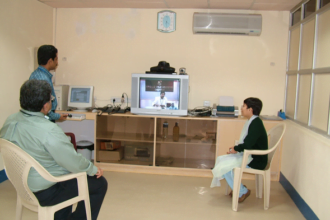
The non-English speaking patient population in the U.S. accounts for an estimated 30 million people. Navigating our health system is challenging enough for native speakers, but what about for those for whom English isn’t their first language?
Language barriers have been demonstrated to lead to a number of adverse health outcomes including:

The non-English speaking patient population in the U.S. accounts for an estimated 30 million people. Navigating our health system is challenging enough for native speakers, but what about for those for whom English isn’t their first language?
Language barriers have been demonstrated to lead to a number of adverse health outcomes including:
- Decreased patient satisfaction
- Lack of preventive health services
- Repeat visits to the emergency room
- Longer hospital stays
- Non-compliance with treatment
- Increased number and severity of medical errors
However, digital technology has opened an entirely new frontier for addressing communication problems. eCaring is one of the first health care technology companies to address the issue head on. Our copyrighted icon-based language was designed in mind for people with limited technology skill and for whom English may not be a first language. Our home care monitoring interface allows home care aides and patients, regardless of English literacy, to capture huge amounts of information about the real-time care and condition of patient’s at home, including clinical, behavioral measures as well as medication adherence information.
MedCity News shares more about how eCaring’s unique icon-based program is breaking down language barriers in home health care, here.






